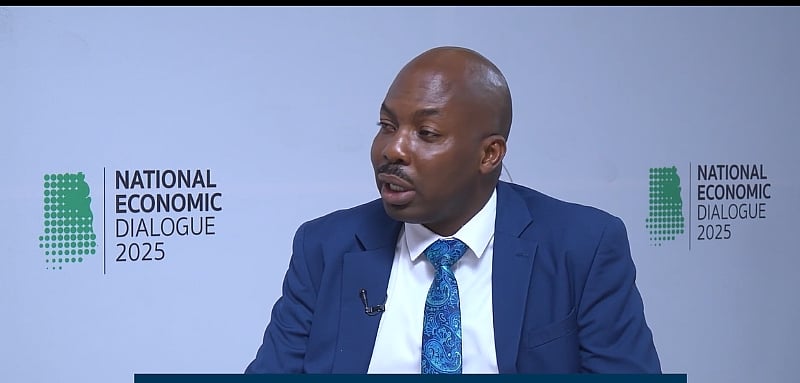Ghana’s energy sector, burdened by a crippling debt of $3.1 billion, has received a potential lifeline in the form of a newly introduced GHS1 fuel levy. This levy, passed by Parliament as part of the Energy Sector Levy (Amendment) Bill, 2025, is projected to generate GHS5.7 billion annually, funds earmarked to tackle the escalating debt and bolster the reliability of the national power supply. The Independent Power Generators, Ghana (IPGG), a key stakeholder in the sector, has welcomed the move, emphasizing the urgency of the situation and the necessity of this intervention. Dr. Elikplim Kwabla Apetorgbor, CEO of IPGG, highlighted the levy as a timely and crucial step towards stabilizing the sector, acknowledging the severe financial strain caused by the mismanagement and misappropriation of previous levies and bond proceeds.
The IPGG’s support for the levy underscores the severity of the energy sector’s financial woes. Dr. Apetorgbor’s statement explicitly points to the mismanagement of previously allocated funds as the root cause of the current crisis. This mismanagement has created a ripple effect, impacting power producers, fuel suppliers, and ultimately, the reliability of the power supply. The inability of independent power generators to recover costs, maintain assets, and secure fuel supplies has jeopardized the stability of the national grid and eroded investor confidence. The new levy, therefore, represents a critical attempt to address these fundamental issues and restore financial stability to the sector.
The government’s financial projections reveal the depth of the crisis and the scale of the required intervention. Finance Minister Dr. Cassiel Ato Forson indicated that an additional $3.7 billion is needed to clear existing arrears, while a further $1.2 billion is required to secure fuel for thermal power generation in 2025. The GHS1 levy, in this context, is not merely a revenue-generating measure but a crucial financial lifeline for the sector. By ensuring regular payments to power producers, the levy aims to restore operational stability and prevent further disruptions to the power supply.
The IPGG, in its official statement, echoes the government’s concerns and emphasizes the importance of transparency and accountability in the management of the levy proceeds. The organization acknowledges the burden this levy places on consumers, particularly in the current economic climate, but stresses the dire consequences of inaction. Power outages, plant shutdowns, job losses, and a decline in national productivity are presented as the stark alternatives to the implementation of the levy. The IPGG frames the levy as a shared responsibility, a collective sacrifice necessary to ensure a stable and resilient electricity supply for the nation.
The IPGG’s commitment to collaboration with the government and other stakeholders underscores its dedication to ensuring the effective utilization of the levy proceeds. The organization’s focus is not merely on addressing the immediate financial crisis but on establishing a foundation for long-term sustainability and resilience within the power sector. This includes ensuring operational efficiency and restoring confidence among investors and financial partners. The IPGG’s endorsement of the levy, coupled with its pledge of collaboration, signals a unified effort to navigate the current crisis and secure a stable energy future for Ghana.
The success of the GHS1 levy hinges on several factors, including the government’s commitment to transparent and accountable management of the funds, the cooperation of all stakeholders, and the understanding and support of the Ghanaian public. While the levy undoubtedly places a burden on consumers, it is presented as a necessary measure to avert a more profound and debilitating energy crisis. The IPGG’s support, coupled with the government’s commitment, offers a glimmer of hope for the beleaguered energy sector, promising a path towards financial stability, operational efficiency, and a reliable power supply for the nation. The note about Ataa Ayi’s mechanic’s release after 23 years in jail appears unrelated to the energy sector discussion and likely represents a separate news item inadvertently included.














